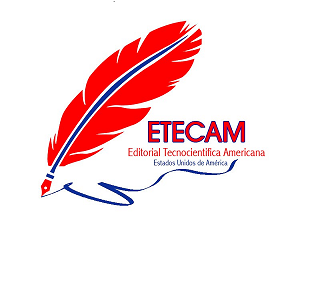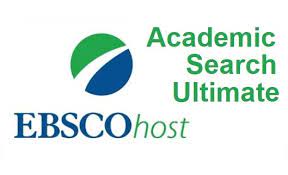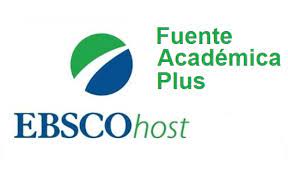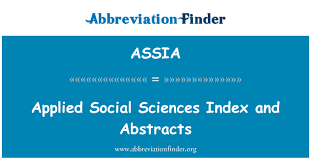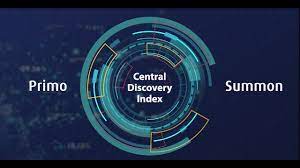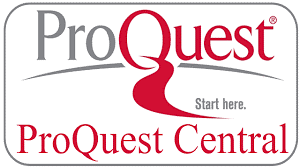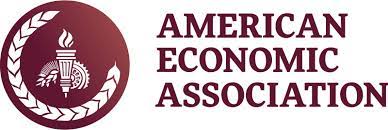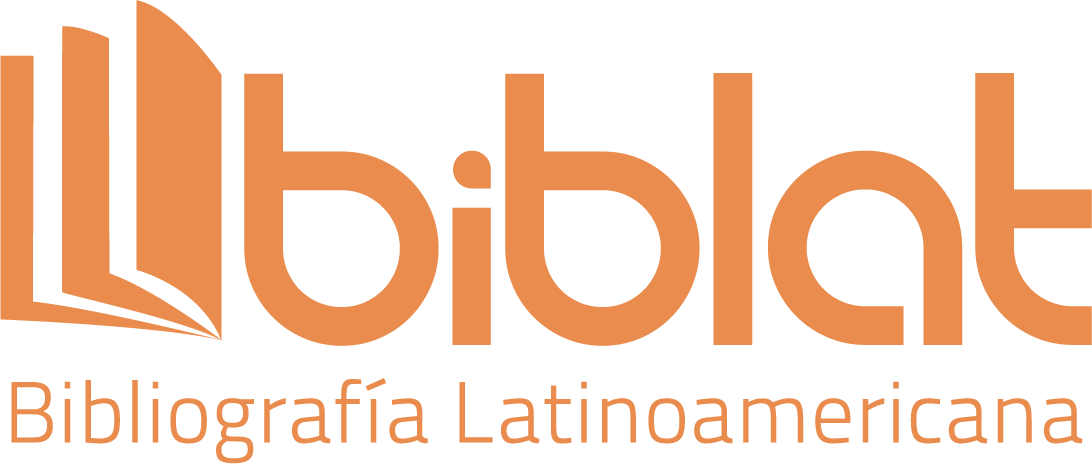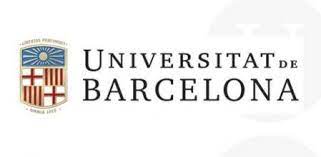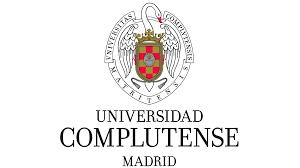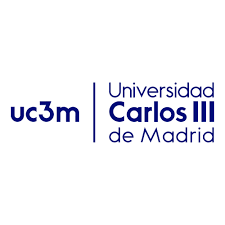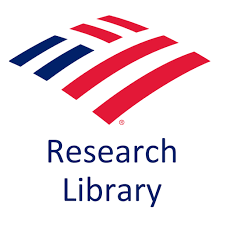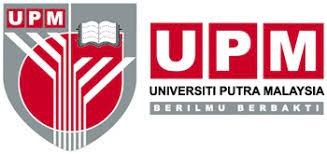Methodological strategies to enhance the mastery of mathematical calculations in students in the ninth grade of general basic education
DOI:
https://doi.org/10.51736/sa.v7iEspecial%206.414Keywords:
mathematics teaching, mathematical computation learning, methodological strategies, teacher-student participation, educational assessmentAbstract
The main objective of the study was to develop and evaluate a guide of methodological strategies to improve the teaching and learning of mathematical calculations in the ninth year of General Basic Education, through a participatory and collaborative approach involving both teachers and students. Classified as an applied field study, it was carried out at the Luis Tello Ripalda Educational Unit, with the total participation of 72 students and 7 mathematics teachers. The research followed a process structured in seven phases, from the identification of difficulties to the validation and final adjustment of the guide. Various research techniques were used, such as surveys, focus groups and interviews, supported by specific instruments for data collection. Experimental groups and a control group were formed for the pilot implementation of the guide. The variables analyzed included the mathematical calculation domain, broken down into several dimensions and measured by standardized tests. The data were analyzed using descriptive and comparative statistical tests to assess the impact of the guide on students' mathematical competencies. The statistical analysis revealed the positive impact of the guide on students' mathematical competencies. The collaboration between researchers, teachers and students ensured the relevance and usefulness of the proposed interventions, highlighting the importance of participatory approaches in improving mathematics teaching and learning in educational contexts.
Downloads
References
Barroso, C., Ganley, C. M., McGraw, A. L., Geer, E. A., Hart, S. A., & Daucourt, M. C. (2021). A meta-analysis of the relation between math anxiety and math achievement. Psychological bulletin, 147(2), 134.
Boaler, J. (2016). Designing mathematics classes to promote equity and engagement. The Journal of Mathematical Behavior, 41, 172-178.
Bustos Tiemann, C., & Ramos Rodríguez, E. (2022). Una mirada sobre conceptos del cálculo desde el conocimiento de los temas del profesorado de matemática de secundaria. Revista Innovaciones Educativas, 24(36), 84-100.
Cruz, M. I. B., Ramirez, L. V. M., Mendoza, A. G. Y., & Arguello, D. M. M. (2021). Estrategias metodológicas para el razonamiento lógico en el área de Matemática: Cuasi experimento. Mundo Recursivo, 4(1), 20-42.
Guzmán, A., Ruiz, J., & Sánchez, G. (2021). Estrategias pedagógicas para el aprendizaje de las operaciones matemáticas básicas sin calculadora. Ciencia y Educación, 5(1), 55-74. https://doi.org/10.22206/cyed.2021.v5i1.pp55-74
González, J. E. (2017). La resolución y planteamiento de problemas como estrategia metodológica en clases de matemática. Atenas, 3(39), 64-79.
Herrera, A. J. P. (2018). Aprendizaje basado en problemas y el aula invertida como estrategia de aprendizaje para el fortalecimiento de competencias matemáticas. Cultura, educación y sociedad, 9(3), 35-42.
Published
How to Cite
Issue
Section
License
Copyright (c) 2024 Magni Elena Bone Conforme, Wilber Ortiz Aguilar

This work is licensed under a Creative Commons Attribution-NonCommercial-ShareAlike 3.0 Unported License.













